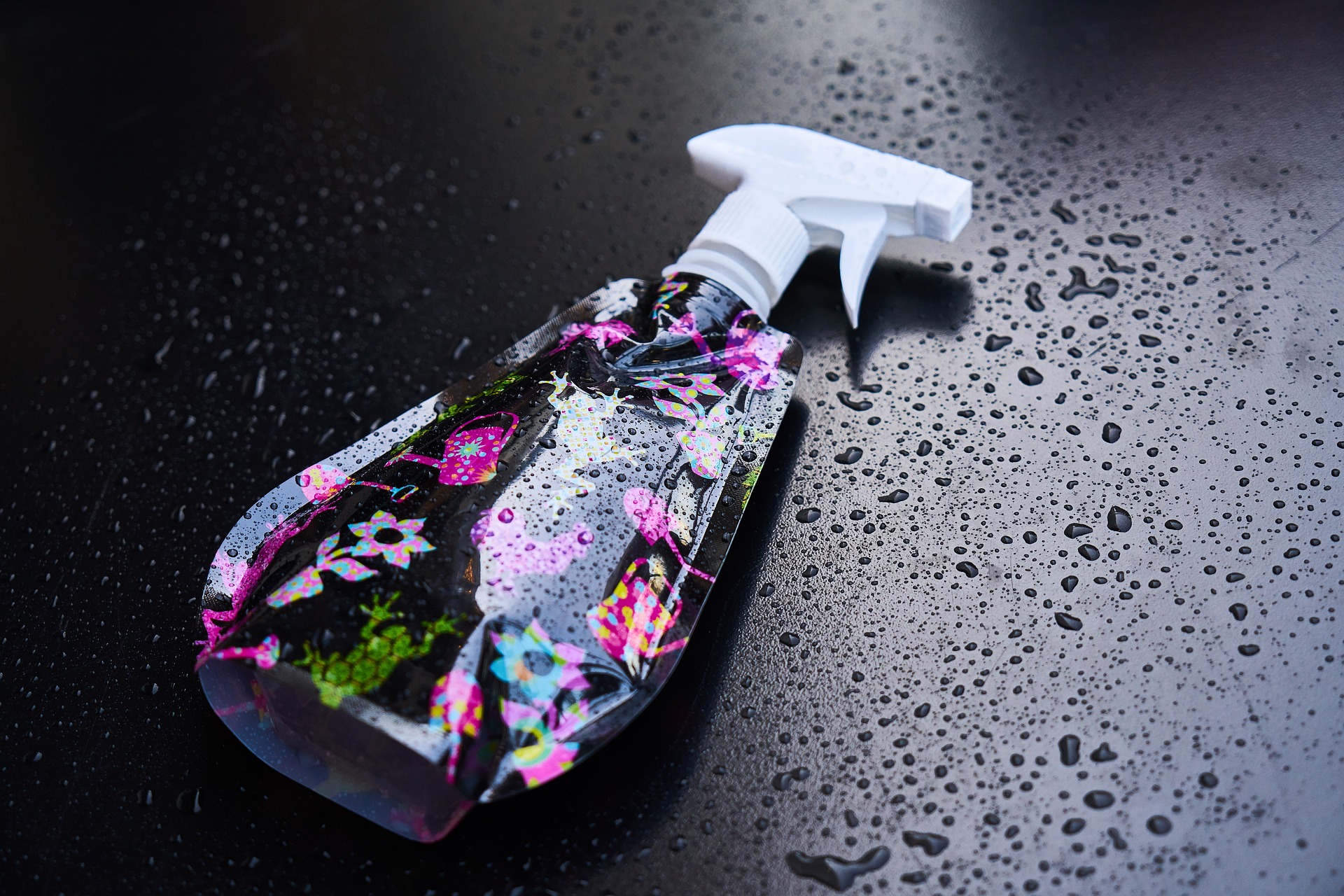Organic Pesticides to Use in Your Garden
If you are looking for pesticides to rid your crops of harmful pests, natural pesticides are the ways to go. It does not have ingredients that may poison animal and human food, unlike conventional pesticides.
You can purchase organic pesticides or make them using readily available ingredients in many homes. This article provides a list of organic pesticides with detailed information on how they work.
Oil Spray Insecticide
Instead of the conventional insect spray, you can go for the oil spray insecticide made from vegetable oil and mild soap. You can use the spray to deal with various troublesome insects that include thrips, mites, and aphids.
To make the spray, mix a cup of vegetable oil with a tablespoon of liquid soap. Cove the container and shake thoroughly. When you are ready to use it, add two tablespoons of oil spray, mix them with a quart of water, and shake vigorously.
Spray the natural insecticide directly onto plants or surfaces affected by the pests. The vegetable oil coats the insects’ small bodies, block their pores, and suffocates them in the process. However, it does not affect the plant.
Neem Oil Insecticide
Oil extract from neem tree extracts has various medicinal and anti-insect capabilities. Studies have shown that it can disrupt the lifecycle of most pests at different stages, whether adult, egg, or larvae.
Besides, need oil also acts as a hormone disruptor and prevents the insects from feeding on the sprayed parts of the leaves. However, the oil is biodegradable and is not toxic to fish, birds, and pets.
The spray is effective against common garden pests, which includes flying and crawling pests. It is also a strong natural fungicide that deals with fungal plant infections as well as powdery mildew.
You can purchase neem oil insecticide from your local agricultural stores or make your own. To make the oil, mix two tablespoons of the oil with one tablespoon of liquid soap and two quarts of water.
The spray is commonly used on fruit plants and flowering plants alike. You can also spray preventively against plants that are infested by pests regularly before the infestation starts.
Check the neem oil on Amazon.
Soap Spray
If you rather use other ingredients apart from oil, you can use a mild soap such as dishwashing soap to make a pesticide. Soap spray is effective against different types of pests that include beetles, aphids, mites, and whiteflies.
Always use a mild soap to make the spray as medicated, and harsh soaps also damage the plants. Mix two tablespoons of mild liquid soap with a quart of water and shake well.
Apply the soap spray on the affected surfaces and leaves of plants. Avoid applying the spray-on herbs and vegetables as the soapy taste lingers for some time.
Soap makes it to the list of organic pesticides due to its availability and general ease of preparing a pesticide from it.

Diatomaceous Earth
Diatomaceous earth is derived from a sedimentary rock that grew from fossilized algae. The earth is abundant on earth as it makes up 26 percent of the weight of the earth’s crust.
In contrast with the soil in the garden, diatomaceous earth is very abrasive and has an affinity for liquids. This affinity to liquids enables it to absorb lipids on the insect exoskeleton while the abrasive surface pricks them, causing them to bleed out to death.
Unlike other natural insecticides in this list, this one is used as it is. You also use it as a dust on the infected surfaces.
Dust the dust on the ground around the plants, apply it on plants and other surfaces at home. On the ground, it helps control slugs, crawling insects, and ants.
It also controls worms and aphids that burrow the surfaces of your plants. At home, it is effective against bedbugs and other crawling insects.
You would need to apply it after every rain as water causes it to disintegrate. However, it does not have any adverse effects on humans, pets, and plants.
Garlic Spray
Another one in the list of organic pesticides is garlic, a popular spice for its sulfur- infused pungent aroma. This scent acts as a strong repellent to some of the popular insects at home.
Before using the spray, be sure you can stand the strong scent around home. Most people are okay with using the repellant in their kitchens.
You can use it to spray against insects around the home and even in the garden. It has a strong lingering smell that lasts for several hours, effectively putting away the insects.
To prepare the spray, get two garlic bulbs and puree them using mortar and pestle or a blender. Add about a quart of water in the process.
Let your mixture sit overnight and strain it into a jar the next morning. You may mix with half a cup of vegetable oil and a teaspoon of mild liquid soap to increase its potency.
To use the spray, mix one cup of the mixture with a quart of water. You can spray it directly on the affected plants or surfaces.
You do not need to clean the surface after spraying the insecticide, as the scent will wane with time.
If you are looking for a safe pesticide to use at home or garden, try any of the above methods to make one. You can also buy a list of organic pesticides at the stores.
